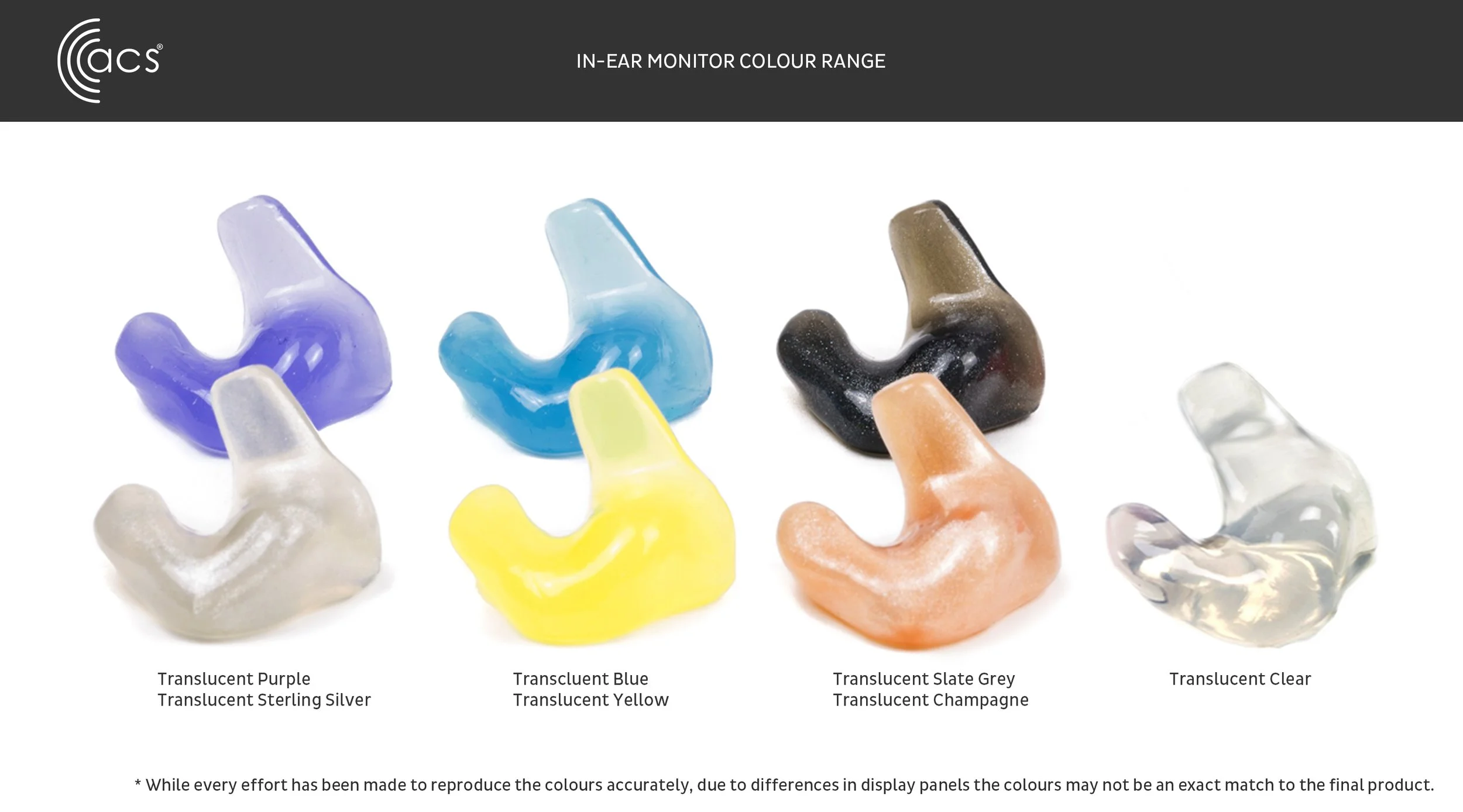More People Need Ear Protectors Than You’d Think: Are You One of Them?
Excessive noise and prolonged exposure to dirt or moisture can all cause irreparable damage to the delicate structures in your inner ear, so it’s important to consider the impact that your lifestyle, work and hobbies may have on your hearing and ear health. Though many people wrongly assume that they don’t do anything that would put them at risk of damage.
Identifying the activities you do that may harm your hearing doesn’t mean you have to stop doing them, rather you can put preventative measures in place to prevent causing unnecessary damage. This often involves the use of ear protection, but not all ear protection is created equally!
So, let’s take a look at when ear protection is needed and what’s available.
When Might I Need Ear Protection?
You probably won’t be surprised to see me list activities such as going to loud concerts, taking part in gun sports or working in the motorsports industry as the kinds of situations where you should use ear protection. However, many activities with much lower sound levels can damage your hearing, especially when you’re subjected to the noise for extended periods of time.
I’ve previously written about the causes of hearing loss and discussed how prolonged exposure to sounds over 70dB can damage the inner ear, whilst even one exposure to any noise over 85dB is enough to potentially cause permanent damage.
To put this in context, heavy traffic can register at 70dB, the noise from many power tools often registers around 90dB and sporting events can reach 110dB.
Additionally, environments with high levels of dirt or moisture can mean your ear’s natural defence mechanisms become overwhelmed, affecting the health of your inner ear. This can include spending time in dusty environments, such as construction sites, or swimming often.
What Protection is Available?
Ear protection can be in-ear, such as earplugs or canal caps, or over-ear, such as ear muffs (commonly called ear defenders).
Which you choose will depend on your personal comfort preference, but you should also take into account the level of noise, how long you will be exposed to it and whether you’ll need to communicate with other people while wearing them, as they each work in different ways.
Why I’d Recommend Opting for Custom-Made Ear Protection
Over-the-counter earplugs are often seen as a quick fix for many people, but they pale in comparison to the tailored comfort and efficiency of custom-made ear protection.
As custom ear protectors are moulded to your unique ear shape they are able to block out loud frequencies more effectively, providing a bespoke solution that works with you and your lifestyle. They’re also comfier than their generic counterparts, so you can wear them longer.
Plus, there is a wider variety of options available with custom ear protection, each suited to different environments and activities.
Many people also like that you can personalise them so they won’t get mixed up with anyone else’s earplugs. You can make them as individual as you by choosing the colour and adding a tag with your name or initials on it.
Opting for custom ear protection isn’t as expensive as you may think either, ranging from £80 to £900 depending on what you require.
The Different Types of Custom Ear Protection
1. Custom Ear Noise Protection Plugs
Tailored to reduce sound levels by up to 30dB, these are perfect for noisy work environments or bustling social spaces.
2. Custom Sleeping Plugs
Discreet and comfortable, these reduce sound by around 25dB, helping you to get a restful night's sleep without disturbances.
3. Custom Swimming Plugs
Ideal for keeping water out of the ears, especially for those with perforated eardrums or prone to wax-related issues during swimming sessions.
4. Custom In-Ear Monitors for Musicians
Offering a direct, clear music experience while blocking ambient noise, these monitors come with a 3.5mm jack plug for ease of use.
5. Motorsport Ear Protection
Specifically designed for motorsport enthusiasts, reducing engine noise while enabling clear communication.
You should view ear protectors as an investment into your health and well-being. Once the damage is done, it’s too late. Yet it needn’t have happened at all.
If you’d like to chat about what protection you may need and which type would suit your lifestyle, get in touch.





